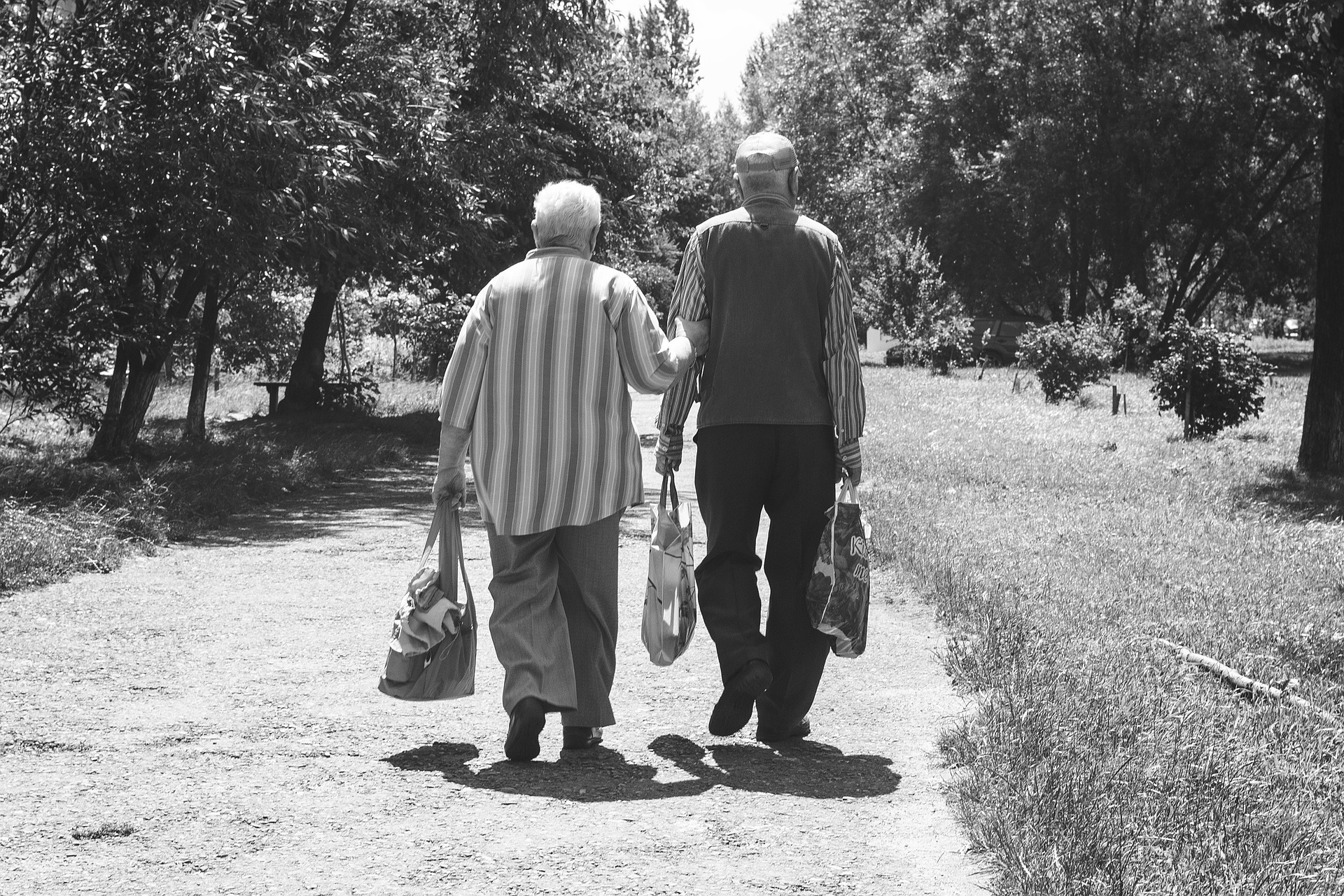Forever young: how society might adapt to longer lives
Living longer will shake up social institutions, experts say
Charlie Wood • April 2, 2018
The oldest rhesus monkey on record lives in Maryland, where he’s been dieting for three decades.
This year he celebrated his 43rd birthday — the equivalent of an American living to 130. Nearly a third of his experimental group has also surpassed the previous old-age record of 40. While scientists squabble over whether low calories or whole foods prolonged their lives, bioethicists and sociologists ponder a future where researchers bring similar gains to humanity. Graying communities from Germany to New York City already face various social challenges today, so some worry that further life extension could intensify this ongoing demographic shift. Four experts gathered to preview these hurdles at “Aging and Society — How to get old tomorrow,” a panel discussion held in October 2017.
“People are living longer lives, and aging in good health for longer periods. Families are more fluid than they used to be,” said John Mollenkopf, a sociologist and political scientist at the City University of New York (CUNY). “A lot of the demographic assumptions that our social welfare system is based on no longer correspond with the lives we’re living.”
The modern 65-year-old American can expect to live nearly four years longer than he or she would have in 1972, and if University of Washington biologist Matt Kaeberlein is to be believed, we haven’t seen anything yet. “My feeling is, we’re on the cusp of having a 20- to 30-year effect on aging,” he said to a full house at the German Consulate in Manhattan last fall. Kaeberlein, who studies the molecular basis of aging, suggests there’s no reason researchers shouldn’t be able to bring the boosted longevity seen in monkeys and lab rats to humans. “Believe it or not, I tend to be pretty conservative in my views on this,” he said.
But today’s standard life trajectory — building a career and family during youth to support a leisurely retirement in old age — may start to chafe if one lives for 110 years. “At the moment, everything happens at the same time,” said Susanne Zank, a professor of psychology at the University of Cologne in Germany. “We need to lessen workload, and distribute it more intelligently over the life course.”
She predicts a shift towards more flexible life architectures full of sabbaticals, re-trainings and career hops, as people take advantage of the freedom to try out various paths. Today’s rat race discourages such exploration, Zank says, but “if you think about prolonging work until 80, 90 [years old], then you can have these breaks in between.” She suggests we’re already seeing the beginnings of this restructuring in the growing tendency to change careers.
And as people hang around for longer, the communities they make up will expand too. Zank points to the family as one such institution that could radically change. Today’s families commonly span three generations — grandparents to grandchildren — but the kind of life extension Kaeberlein expects would bring four, and sometimes five, generations into contact. “Would we still know each other?” wondered Zank. “Can we build up solid family time?”
Longer life may bring societal curses as well as blessings. For a look at how countries could tackle these issues in the future, CUNY’s Mollenkopf holds up New York City as an aging community we can learn from today. The city’s 65-years-and-over “elders,” as he calls them, now number more than one million and their ranks are growing fast. Their top risk, he says, is isolation. “One of the keys to successful aging is being part of a familial network, or part of a social network,” Mollenkopf says. “But many elders are living alone, or without their family nearby.”
He praises the city’s Age-Friendly NYC initiative — a collection of nearly 90 wide-ranging programs supporting the elderly — as a good first step. But as it develops, he’d like to see a focus on fostering connections between generations, like a program that pays high school students to visit with elders and blog about their life stories. In the meantime, Mollenkopf cites Older Adults Technology Services as one program that’s already making inroads. The service, which offers computer labs and coding classes in dense elderly neighborhoods, could serve as an early model of the future Zank imagines, where re-training opportunities abound.
But factors beyond our control could cast a shadow over these rosy visions of humanity’s receding time horizon. Zank raised the growing specter of dementia as a potential showstopper. With U.S. cases expected to nearly triple by 2050, some scientists have come to wonder if bodies that stay youthful for longer may come at the cost of healthy minds.
Despite the social and medical challenges, Kaeberlein, for one, is ready to step up and try out therapies as they emerge. “Would I slow aging in myself? Absolutely,” he said. “Would I want to live forever? I’d try it for a while.”
The Maryland monkeys could not be reached for comment.

1 Comment
Love the story and the tag line!